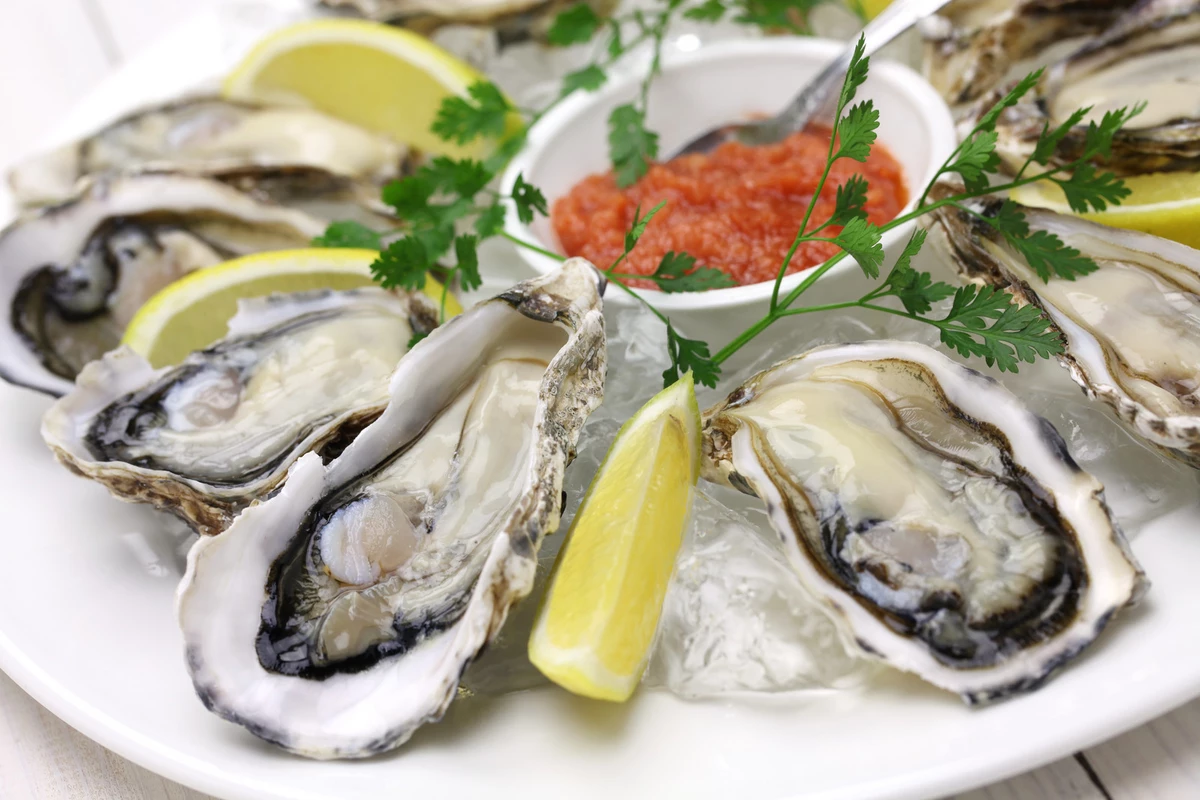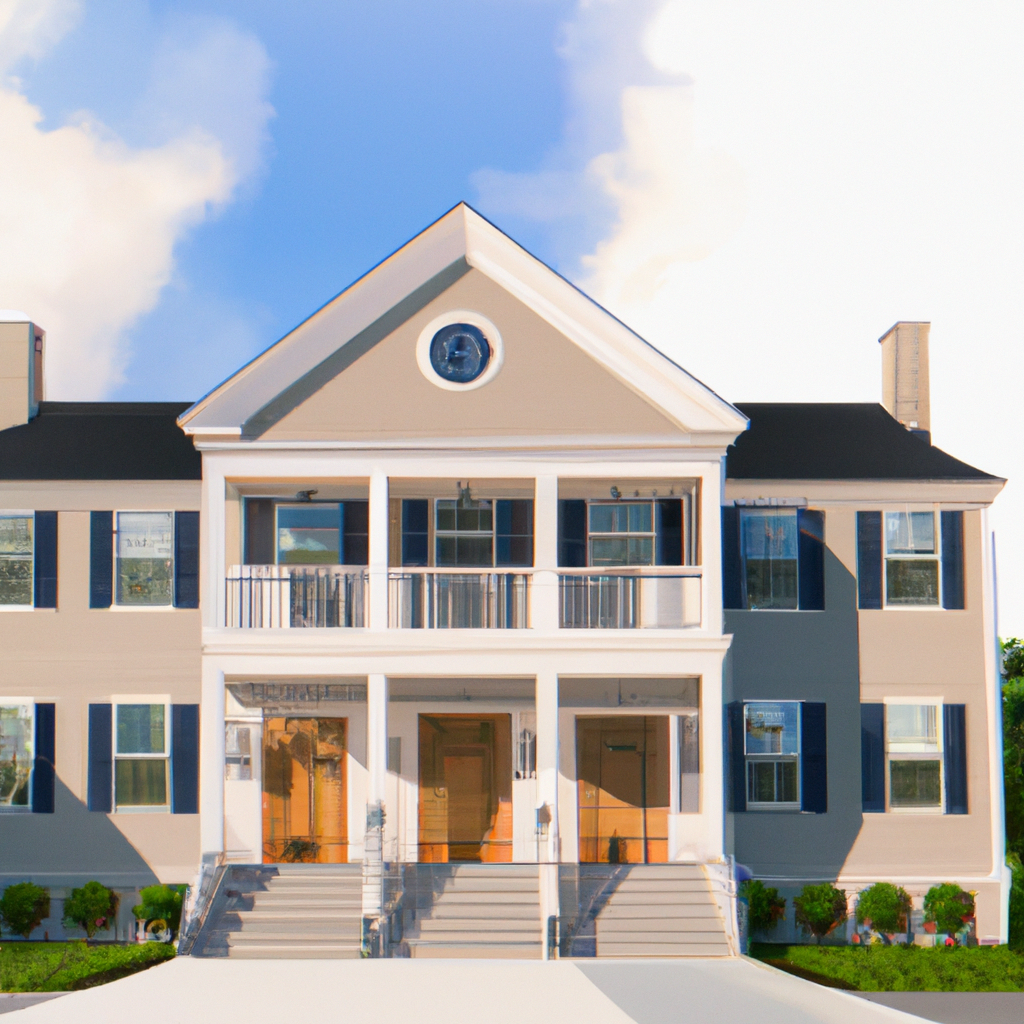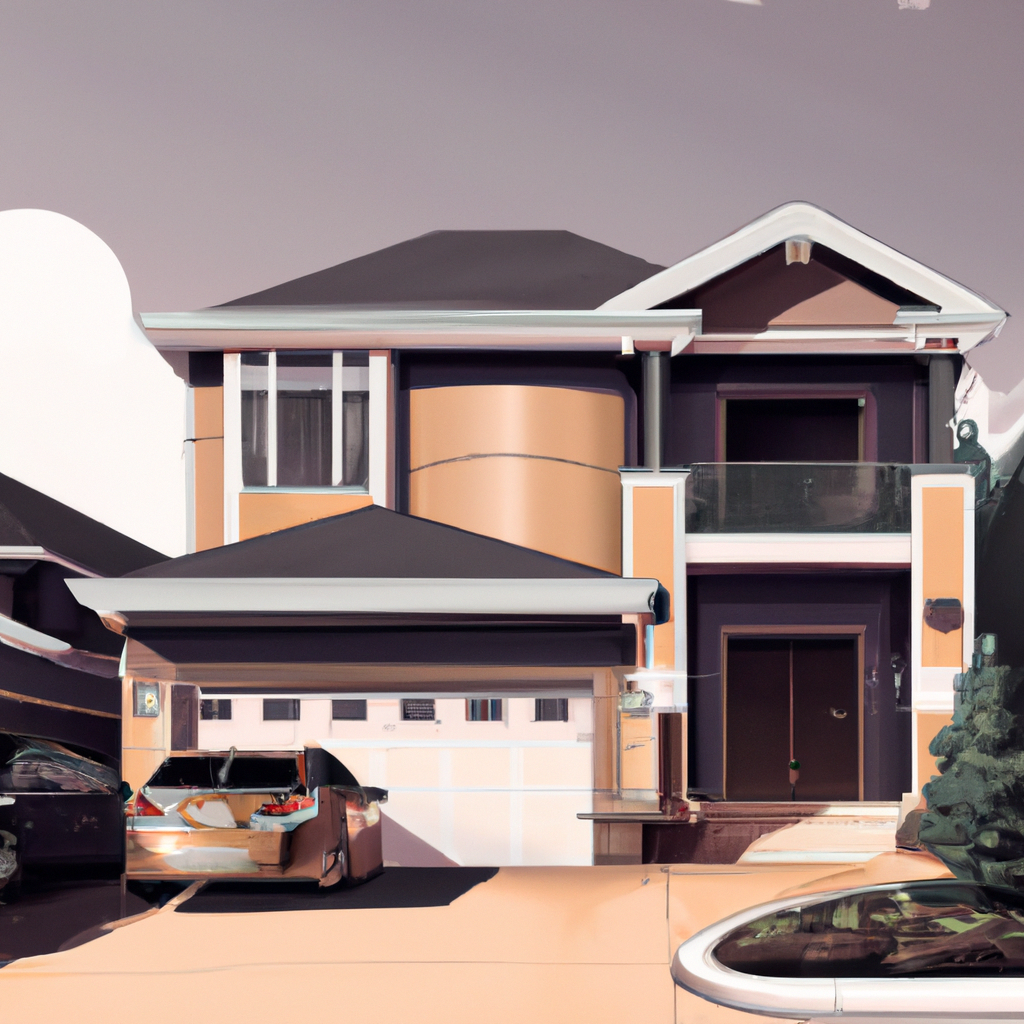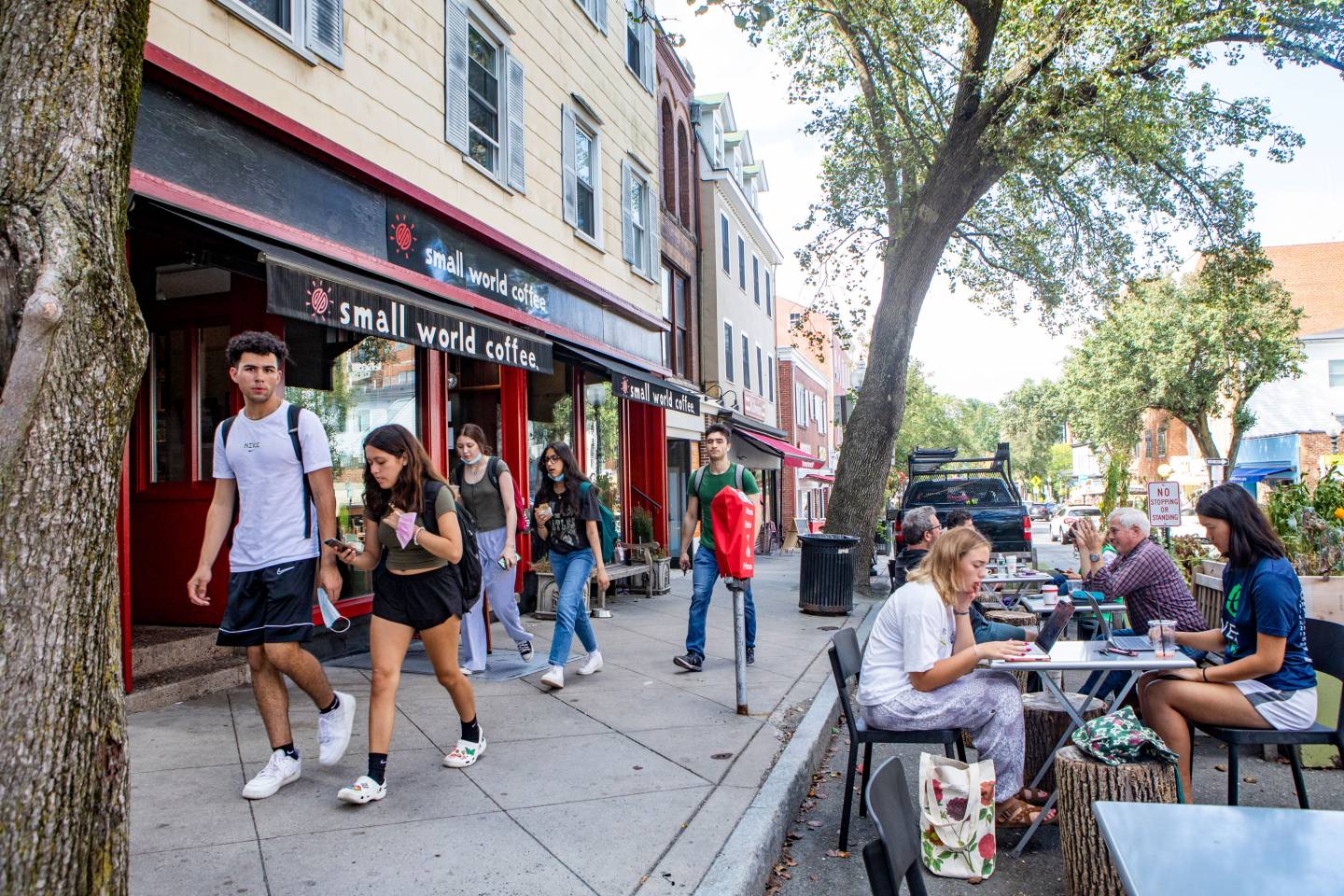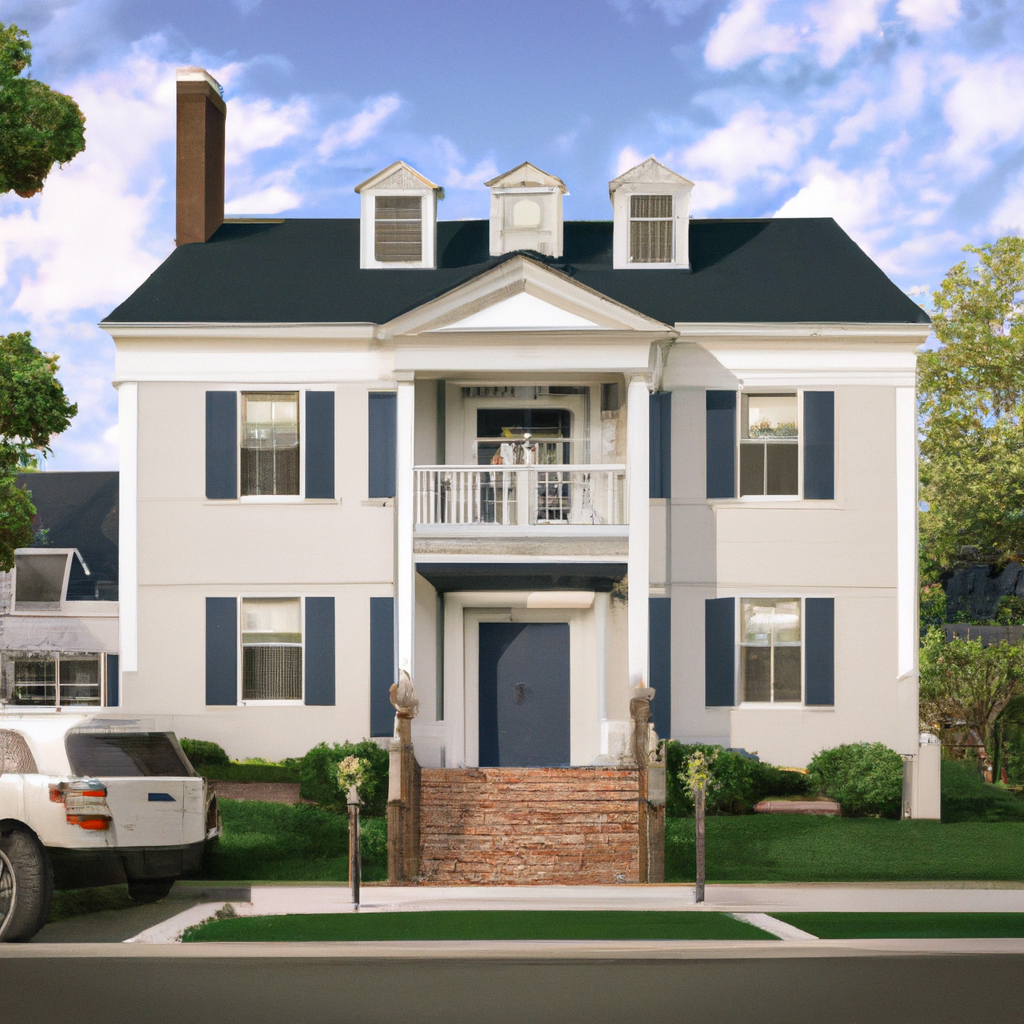Reading Time: 14 minutesSummary of the many ways in which Princeton University currently contributes to and engages with the Princeton community. Submitted in a memo to the Princeton mayor and council on March 14, 2022.
Contributions to Princeton: Overview
Voluntary contributions to Municipality of Princeton
For decades, Princeton University has made voluntary contributions to the Municipality of Princeton. In late 2020, the municipality and the University agreed to a two-year extension of the existing contributions agreement that had been adopted in 2014. Under the new 2020 agreement, the University will contribute nearly $8.5 million to the municipality in 2021 and 2022. The agreement also includes a $850,000 commitment to support the hiring of career personnel for the Princeton Fire Department and a $250,000 commitment toward the construction of a new storage facility for the municipal Department of Public Works.
Voluntary tax payments for properties that could be exempt
The University is the largest property taxpayer in the municipality, paying $9.8 million in taxes in 2021 (not including sewer payments). The $9.8 million includes about $6.2 million in voluntary tax payments for properties that are eligible for exemption from property taxes.
COVID-19 community support
Since the earliest days of the pandemic, the University has worked with community partners to support local relief efforts. These efforts include the establishment of the $1 million Princeton University Relief Fund to provide direct financial support to community organizations and businesses. Additional initiatives include initiatives by Campus Dining that provided more than 59,000 meals to food insecure individuals and families in the Princeton area, donation of Personal Protective Equipment (PPE) to local first responders, hosting community blood drives, and the creation of an online tutoring program to assist area school children. Through the “Tigers in Town” initiative students are supporting local businesses with group purchasing at scheduled in-store events.
Police, fire and emergency services
The University provides significant support for police, fire and emergency services in the community. The University Department of Public Safety (DPS) has a staff of 111 including sworn officers, non-sworn security officers, fire marshals, supervisory, dispatch and administrative staff. DPS operates 24 hours per day/365 days per year and works in close collaboration with the municipal police department. In 2021, the Princeton Police Department needed to respond to campus four times. University officers were called upon nine times last year to provide support for the Princeton Police Department.
The University has supported the Fire Department with annual financial contributions and major capital gifts as well as by allowing its employees to serve as volunteers with the department during their paid work hours. Currently, 28 University employees are associate members of the Princeton Fire Department, providing critical daytime support to the paid and volunteer members of the department.
Over many years the University has supported the Princeton First Aid and Rescue Squad (PFARS) through annual contributions, major capital gifts and in-kind services such as housing and telecommunications support.
The University collaborates regularly with the municipality and Mercer County to support emergency communications systems, including allowing cell equipment to be installed on its buildings, reducing the need for monopoles in town.
Contributions to important community organizations/initiatives
Apart from its contributions to the municipality, Princeton University remains committed to supporting initiatives that enrich the quality of life in Princeton. The University has a long history of support for affordable housing. Over the years, the University has made cash and in-kind contributions to an array of local projects and nonprofit organizations. Also, the University has made substantial in-kind and financial contributions to the Princeton Public Schools.
Most recently, the University contributed $50,000 to the Friends of Princeton Open Space and $50,000 to the Princeton Senior Resource Center.
Private roads and transit system maintained by the University and used by the public
The University owns approximately five miles of private roads in the Municipality of Princeton, such as Faculty Road and College Road, which are open to the public. In addition to paying taxes on these roads, the University maintains them at its own cost, including providing snow removal. The University also operates the Tiger Transit bus system, which is free and open to the public.
Education and outreach
As an educational institution, Princeton University runs numerous programs that welcome community members or are aimed primarily at area residents. Students at local high schools, including Princeton High School, can take coursework at the University; many different University initiatives provide tutoring to public school students; and the University runs a preparatory program for economically disadvantaged students in the area. Almost half of the participants in the Community Auditing Program are Princeton residents, participating in University classes for a modest fee, and thousands more attend hundreds of free public lectures offered each year at the University.
The Princeton University Art Museum, Richardson Auditorium and McCarter Theater, and the Lewis Center for the Arts provide a wide variety of arts programming. In addition, the University Chapel, the Music Department and various concert series offer musical performances year-round. The University owns the Princeton Garden Theatre, which is operated by the non-profit Renew Theaters. Many of these groups continued their programming virtually during the COVID-19 pandemic.
Volunteer activity and civic engagement
Princeton’s mission of teaching and research has an emphasis on service, and students volunteer with more than a dozen local community organizations. Some of this activity begins before they even take their first class at Princeton, through Community Action. The University has a long history of working with numerous organizations that seek to meet the needs of local residents and create a fully inclusive and supportive community.
The following provides detailed information on these and other contributions by the University to the community.
Contributions to Princeton
- Voluntary payments (calendar year basis)
- In 2021, Princeton University made a voluntary payment of $3.8 million to the Municipality of Princeton.
- This includes a $150,000 contribution to support the hiring of career personnel for the Princeton Fire Department.
- From 2014 to 2020, the University contributed more than $18.7 million to the municipality per a seven-year contribution agreement.
- In December 2020, the municipality and the University agreed to a two-year extension of the 2014 contribution agreement with a commitment to contribute a total of nearly $8.5 million to the municipality in 2021 and 2022.
- The agreement also includes an additional commitment to contribute $250,000 toward the anticipated construction of a new storage facility for the municipal Department of Public Works equipment.
- Taxes paid (calendar year basis)
- In 2021, Princeton University paid $11.3 million in property and sewer taxes to Princeton; Princeton University is the largest taxpayer in Princeton
- Of the $11.3 million property tax payment to Princeton, $4.8 million went to the Princeton Public Schools
- Of the $11.3 million property tax payment, about $6.2 million was paid on property that is eligible for exemption under state law
- The town’s AAA bond rating is partially based on the “stabilizing presence of Princeton University”
- In rating the municipality, Moody’s cites “the stabilizing presence of Princeton University” and notes that “Princeton University contributes to the municipality’s strong local economy.” Its AAA rating reduces the town’s borrowing costs below the costs of many other municipalities
- Support to the community during COVID-19
- The $1 million Princeton University Relief Fund provided direct support to the following organizations:
- $400,000 to the Princeton Area Community Foundation COVID Relief Fund
- $100,000 to the Coronavirus Emergency Relief Fund coordinated by the Princeton Children’s Fund
- $350,000 to launch the Princeton Small Business Resiliency Fund
- $50,000 to the Arts Council of Princeton to support “re-imagining” of the annual Communiversity event as April ARTS
- Provided space in Jadwin Gym for 51 vaccination clinics that were open to the public. University staff managed these vaccination clinics in coordination with the Princeton Board of Health and administered 16,673 doses of the Pfizer, Moderna and Johnson & Johnson Janssen vaccines, including booster shots
- Campus Dining efforts to combat food insecurity included:
- Preparation of 21,000 meals distributed in Summer 2020 in collaboration with the Princeton Public Schools for students eligible for the free/reduced price lunch program
- Preparation of more than 2,500 meals provided to Meals on Wheels in Summer 2020 for delivery to home-bound individuals in Princeton, East Windsor, West Windsor and Hightstown
- Preparation of over 15,200 meals distributed in Summer 2021 to The Rescue Mission of Trenton, Homefront and The Trenton Area Soup Kitchen
- Contributed $25,000 to Send Hunger Packing Princeton to provide weekend meals during Spring 2020 for delivery to students eligible for the free/reduced price lunch program
- Hosted four community blood drives in Spring and Fall 2021
- Provided thousands of Personal Protective Equipment (PPE) items to local first responders
- Provided Zoom webinar technology, and training for municipal staff, for use in Princeton Mayor-Council and board/commissions during the pandemic crisis.
- Student-led efforts have included
- The “Tigers in Town” initiative supports local businesses with group purchasing at scheduled in-store events. In 2021, this initiative led to more than $171,000 in purchases at more than 40 participating businesses
- The “Tigers for Nassau” initiative provides assistance to local businesses seeking to improve their online sales and marketing capacity
- The “Taste of Campus” initiative led by the Class of 2021 resulted in over 400 gift boxes with items from local businesses being delivered across the country
- Contributions to community organizations/initiatives in 2021 included:
- Friends of Princeton Open Space
- Princeton Senior Resource Center
- Princeton First Aid and Rescue Squad
- Princeton Fire Department
- Brainfuse program at Princeton Public Library
- Watershed Institute
- Princeton Human Services Commission Annual Backpack Drive
- Princeton Arts Council Martin Luther King Day programs
- Community resources
- Princeton Garden Theatre
- The theater is owned by the University and operated by a separate non-profit organization, Renew Theaters
- Labyrinth Books
- The University helped to bring in, and maintain, an independent bookstore in Princeton
- Nassau East
- The University owns and manages properties around 185 Nassau Street which house a variety of local businesses
- Princeton Station
- The University maintains the Princeton Station complex that is served by the NJ Transit Princeton-to-Princeton Junction “Dinky” rail line
- The Garden Theatre, Labyrinth Books, Princeton Station and the commercial and residential properties at Nassau East are all tax-paying properties
- Police
- The Princeton University Department of Public Safety (DPS) and Princeton Police Department (PPD) command staff meet to review issues and plan for upcoming town and/or University events.
- Throughout the year PPD and DPS assist each other in criminal investigations, noncriminal cases, and/or service requests such as assistance in locating missing individuals, traffic control, traffic accidents, serving subpoenas, use of Spanish-speaking DPS officer for interview purposes, transportation from PPD to campus for students.
- In 2021, DPS received and responded to nine such service requests from PPD.
- During 2021, DPS requested the services of PPD for four calls where their services were needed.
- DPS filed 26 police co-operation reports with PPD.
- This type of report is filed when there is an interaction of any kind between PPD and DPS that is not investigated by DPS or does not result from a call into DPS jurisdiction.
- PPD is invited to participate, at no charge, in in-service training held on campus and sponsored by DPS.
- Upon request, DPS provides mutual aid to PPD for staffing large community events.
- PPD extends an invitation to utilize their firing range to DPS. The collaboration continued when DPS was able to assist with providing more storage for range training equipment.
- Emergency services
- University staff participate in Princeton’s Local Emergency Preparedness Committee (LEPC)
- Emergency communications systems
- Mercer County’s countywide public safety communications systems continue to be supported at Fine Hall
- Equipment and antenna support for PPD, PFARS and PFD is located at Fine Hall
- University technical resources support PPD on an as-requested basis with radio communications-related questions or issues around operations or new equipment
- Princeton Fire Department (PFD)
- PFD Associate Member Program: University staff serve as PFD volunteers during weekday work hours for which they are paid by the University.
- The program currently has 33 members, 29 of which were an active status and were able to respond, if on campus and available, during 2021.
- Members responded to 90 calls in 2021. This ranged from single members to full crews depending on availability of personnel.
- Members logged a total of 517 hours in program activities including responses, training activities and meetings.
- DPS leadership has regular meetings with PFD leadership and the director of Emergency and Safety Services to discuss collaboration, operations, response and emergency management.
- Engine 66 from the Princeton University’s Princeton Plasma Physics Laboratory (PPPL) responds regularly to the Municipality of Princeton for fire calls as mutual aid to the PFD.
- PFD came to campus three times in 2021 for training.
- PFD responded to campus incidents 44 times in 2021.
- Princeton First Aid and Rescue Squad (PFARS)
- DPS leadership has regular meetings with PFARS leadership to discuss collaboration, operations, response and emergency management.
- University students are active volunteer members of PFARS. Students were provided with the opportunity to continue volunteering with PFARS throughout the pandemic — the only community organization that was provided with this exemption from University COVID restrictions.
- The University makes available parking on campus, with accessible power, for a PFARS ambulance to facilitate response by student volunteers.
- The University hires PFARS as the primary EMS provider for stand-by requests at University events located within the Municipality of Princeton; the University reimburses the squad for this service.
- Cell towers
- There are eight wireless cell towers on University buildings
- Maintenance of approximately five miles of roads in Princeton used by the public
- Annual cost to the University is approximately $500,000
- Collaboration on local and regional planning issues
- The University Office of Community and Regional Affairs maintains and updates semi-annually the Princeton Community Map posted at kiosks and bus stops in town and on campus
- In 2021, the University and the municipality coordinated with NJDOT and NJ Transit to relocate the bus stop at the Witherspoon/Nassau Street intersection further north on Nassau Street near Rivers Way. The University installed the new bus shelter at this new location and will be adding bike racks.
- The relocation of the bus stop increased visibility for pedestrians at the heavily traveled Witherspoon/Nassau intersection and added metered parking at that location close to shops and restaurants. This is a complement to the changes being made by the municipality on Witherspoon Street that are intended to make the space less congested and more pedestrian friendly.
- Transportation
- Tiger Transit is “free and open to the public” and annually provides more than 500,000 passenger rides in a normal year
- As a result of the pandemic and reflecting national trends, Tiger Transit operated limited service and ridership dropped by almost 90 percent after March 2020 through August 2021.
- In September 2021, the University resumed full service with the routes that were designed as part of its overall Campus Mobility Framework, completed in the summer of 2020. Ridership has returned to 60-70 percent of the ridership in previous years. Ridership remained lower than in previous years due to telework policies and the limited number of visitors to campus due to COVID-19.
- Among the new services operating at full capacity in the fall semester of 2021 is a new paratransit service called TigerAccess, a point-to-point service for persons with temporary or permanent disabilities. TigerAccess is available to the University community and visitors.
- During the early months of the pandemic in 2020, the Zagster bikeshare that was available on campus and in the community went out of business. The University will be releasing an RFP for a new bikeshare system in 2022, including options for e-bikes.
- Resource Recovery Program (formerly known as Surplus Equipment Program)
- Access provided for area nonprofit organizations to the University Resource Recovery Program. Items provided free of charge to area nonprofits for their organizational use
- Education outreach
- Princeton High School (PHS) students who have exhausted coursework at the high school can take classes at the University; coordinated by PHS guidance department.
- Tutoring for Princeton Public Schools students through Community House programs
- Princeton University Preparatory Program (PUPP), a college prep program for economically disadvantaged students, is open to Princeton High School students
- Princeton Center for Complex Materials (PCCM) holds special events open to the community including a Holiday Science Lecture and Marie Curie virtual events in 2021
- Princeton Plasma Physics Laboratory (PPPL) hosts Science on Saturday lectures in the winter months (currently held virtually)
- Cotsen Children’s Library Program for Teacher Preparation “Time Travel 101,” young writers mentorship program One to One, escape room and other resources available virtually for children up to age 12
- Many lectures and other intellectual and cultural offerings on campus are open to the public and almost always free of charge, with many continuing virtually in 2021
- Community Auditing Program
- Approximately 40% of the program participants each semester are from Princeton
- The program includes special courses and lectures designed especially for auditors
- Entrepreneurship and design thinking
- The University’s Entrepreneurial Hub (eHub) is located at 34 Chambers St. The space provides a location for the exchange of ideas — a place where creative and talented entrepreneurs from the University and the community can come together to learn from one another, establish connections, and make contributions to the local and regional entrepreneurial ecosystem
- Cultural offerings on campus
- Princeton University Art Museum
- Art@Bainbridge gallery space
- Art on Hulfish gallery, opened fall 2021
- Art Museum Store on Palmer Square
- Provides a wide variety of free educational and family programming
- Theaters
- McCarter Theatre Center owned and financially supported by the University and operated by a separate, independent non-profit
- Theater Intime provides academic year programming open to area residents in Hamilton Murray Theater
- Additional theater, dance and visual arts programming available at other locations on campus, including 185 Nassau St.
- Musical Performance
- Performances at Richardson Auditorium and Taplin Auditorium
- Summer Carillon Concerts at the Graduate College
- Chapel
- Weekly “After Noon” organ concerts
- Monthly Jazz Vespers services
- Special performances sponsored by the Chapel Music program
- Veterans Day Observance Program in Princeton Chapel held in coordination with Spirit of Princeton
- Princeton University Concerts
- Hosts annual music series featuring classical music performed by international professional musicians in Richardson Auditorium and across campus in traditional and non-traditional concert formats, including an internationally acclaimed Live Music Meditation series, and intimate programs with audience onstage.
- Initiatives beyond the stage include:
- A free annual Chamber Jam inviting amateur musicians in the community to jam with the professionals in the series, and family programming.
- Partnerships with local businesses and organizations, including outdoor events at D&R Greenway Land Trust locations, partnerships with Princeton Garden Theatre and Princeton Public Library including film screenings and talks with the musicians and working with Labyrinth Books, Meals on Wheels, Princeton Senior Resource Center and Princeton Public Schools.
- Free digital programming developed during the pandemic, including streamed concerts and conversations with musicians positioning music within the context of current events, and a “Collective Listening Project” of over 60 weekly playlists curated for the public by prominent musical figures.
- Community events on campus in 2021
- Four American Red Cross Community Blood Drives
- Fifty-one vaccination clinics, open to the public, held on campus
- Worship
- Community members participate in Chapel services on a regular basis and on special occasions.
- Community members also participate in services by religious groups associated with the University through chaplaincy programs and the Center for Jewish Life
- Athletics
- Tickets to athletic events on campus are free or low-cost
- Carnegie Lake open to the public for recreational ice skating in collaboration with Princeton Recreation Department
- Princeton student-athletes undertake numerous volunteer efforts through the Princeton Varsity Club and as teams
- Campus Dining
- Throughout summer 2021, the Campus Dining team produced and delivered over 15,600 nutritious meals to non-profit organizations, which included the Rescue Mission of Trenton, Homefront and the Trenton Area Soup Kitchen. These organizations provide meals for at-risk families, children and individuals.
- During the months of July and August, Campus Dining produced over 1,200 bag lunches for the students and leaders at the Princeton-Blairstown Center Summer Camp held in Mercer County Park.
- Service and civic engagement
- Students, faculty and staff volunteer their time and talents, virtually, online and with some exceptions as noted, in-person, throughout the academic year, summers and during the University’s annual Month of Service in January, with many non-profit organizations focused on the Princeton community including:
- Arm in Arm, Center for Supportive Schools, Corner House, Cornerstone Community Kitchen, Dillon Youth Basketball League, HomeFront, Princeton Fire Department, Princeton First Aid and Rescue Squad, Princeton Healthcare System, Princeton Period Project, Princeton Regional Schools (elementary, middle school, high school), Princeton Nursery School, Princeton Senior Resource Center, Princeton YMCA, YWCA Princeton
- Faculty and staff donated 183 backpacks filled with school supplies as part of the annual Princeton Human Services annual Backpack Drive
- Through the Program for Community-Engaged Scholarship (ProCES) faculty members and students link service and academic learning, by providing in-depth research and studies for, or engaging in service with, community-based or governmental organizations as part of a Princeton University course. ProCES was formerly known as the Community-Based Learning Initiative (CBLI)
- In the past year, ProCES courses included work with the Arts Council of Princeton, Eden Autism, Einstein’s Alley, Historical Society of Princeton, Mercer County Parks Commission, Princeton Nursery School, Princeton Young Achievers, and observations of the Council of Princeton
- During summer 2021, the program also provided “virtual” summer research interns to local organizations, including Center for Supportive Schools and the Latin American Legal Defense and Education Fund (LALDEF)
- The Community Service Interclub Council (CSICC), a collaborative initiative of the eating clubs, coordinates volunteer activities undertaken by the clubs with numerous local organizations
- The Pace Center for Civic Engagement undertakes a wide variety of programming in the local community including:
- 611 first-year students, 99 student leaders and 80+ community partners engaged both virtually and in-person in Community Action (CA), the small group orientation to service and learning with the local community. The 2021 hybrid model of CA included a focused introduction to Princeton history, shared historical and contemporary online tours of the community, and virtual panels with local community organization leaders
- All students were invited to participate in the Albert E. Hinds Memorial Tour: African American Life in Princeton
- Students participating in sustainability focused groups partnered with Sustainable Princeton to build and deliver storm drain planters to residents in the Jackson-Witherspoon community.
- Students focusing on public health partnered with the Princeton Health Department canvassing neighborhoods providing information related to COVIC-19 vaccinations and lead poisoning.
- Community House
- Worked with the University’s Office of Environmental Health and Safety (EHS) and OIT to continue providing services to the youth and families of Princeton. COVID protocol was established that youth 12 and older who provided proof of fully vaccination were permitted to come on to campus and participate in services in-person.
- Held the annual Youth Leadership Summit in-person. The Summit provides high school-aged students with the opportunity to enhance their leadership, academic and social-emotional literacy skills.
- Community House After School Enrichment program and tutoring was a combination of in-person activities and online.
- Held online sessions of tutoring and enrichment activities for the traditional programs such as the After-School Enrichment Program, Gen1, and the Academic Success Today program with Corner House.
- Developed arts and crafts activities and provided supplies that were dropped off at community partners such as the Princeton Nursery School, so the youth could still participate in activities with Community House staff.
- Student Volunteer Council (SVC) CONTACT Princeton provides student volunteers who answer phone calls for a local crisis hotline and the national suicide hotline
- SVC Penn Medicine Princeton Medical Center program, while delayed in person due to COVID, resumed in fall 2021. This project provides student volunteers, in units such as the emergency room, pediatrics or neurology. Volunteers primarily work in roles that involve interacting with patients and helping the nursing staff
- SVC Princeton First Aid and Rescue Squad provides students who volunteer as Emergency Medical Technicians working with other squad volunteers or paid staff to respond to 911 emergency medical calls in the community. The PFARS volunteers continued to provide support even when all other in-person volunteering has been suspended due to COVID. In spring 2021, there were 17 active student volunteers, several of whom continued throughout the summer. In fall 2021, the number of student volunteers is now at 26. Despite University campus buildings being closed to the public, the Red Cross was welcomed to campus to hold four blood drives focused on local community, students, faculty and staff. Princeton RISE (Recognizing Inequities and Standing for Equality), an anti-racist grant initiative, matched community partner racial justice projects with 38 Princeton University students’ interests and skills. University students learned from and completed projects with Climate Central, the Princeton Civil Rights Commission, Princeton Mutual Aid and various Princeton University-based departments.
